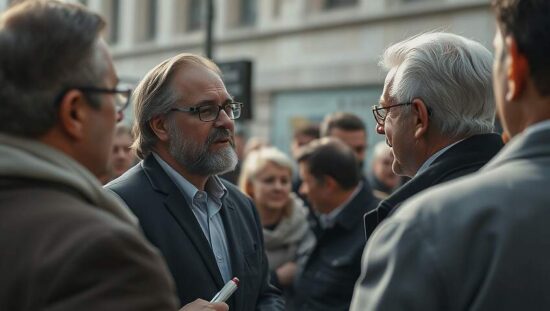The fragile coalition government in Germany faces a deepening crisis of public confidence, according to a stark warning delivered by CDU parliamentary group leader Jens Spahn. In an interview with the “Berlin Playbook” podcast, Spahn characterized the current situation as a collective loss, citing brutal polling figures that offer little room for optimistic spin. He questioned the underlying motivation driving the partnership between the Christian Democratic Union (CDU) and the Social Democratic Party (SPD), directly asking whether both parties remain genuinely committed to its success.
Spahn’s comments carry significant weight, suggesting that the very future of both parties as dominant forces in German politics hangs in the balance. This legislative period, he implies, will be a decisive test of their ability to adapt and reconnect with a disillusioned electorate. While expressing a belief that the coalition will ultimately endure – necessitated by the lack of viable alternatives – his tone conveyed a deep concern about the erosion of public trust.
Beyond the overarching political anxieties, Spahn’s remarks tackled a particularly contentious episode: the recent controversy surrounding remarks made by CDU leader Friedrich Merz regarding the visual impact of immigration and the need for increased deportations. Spahn criticized what he described as a “highly charged, leftist outrage circus” arguing that the public’s understanding of Merz’s initial comments was largely misconstrued. He cautioned against escalating internal tensions and leveling accusations of “racist narratives” within the coalition, warning that such behavior actively undermines collaboration.
Merz’s initial remarks, made on October 14th, were met with widespread condemnation for their ambiguity and perceived insensitivity. Subsequent attempts at clarification, including a prepared statement released on October 23rd, sought to differentiate between established residents and those without permanent status who fail to adhere to societal norms. However, these attempts have failed to quell the controversy, contributing to the palpable sense of malaise pervading German society, as described by Spahn. He lamented a lack of future optimism, adding that restoring economic growth and renewed confidence are paramount to revitalizing the nation’s spirit.





